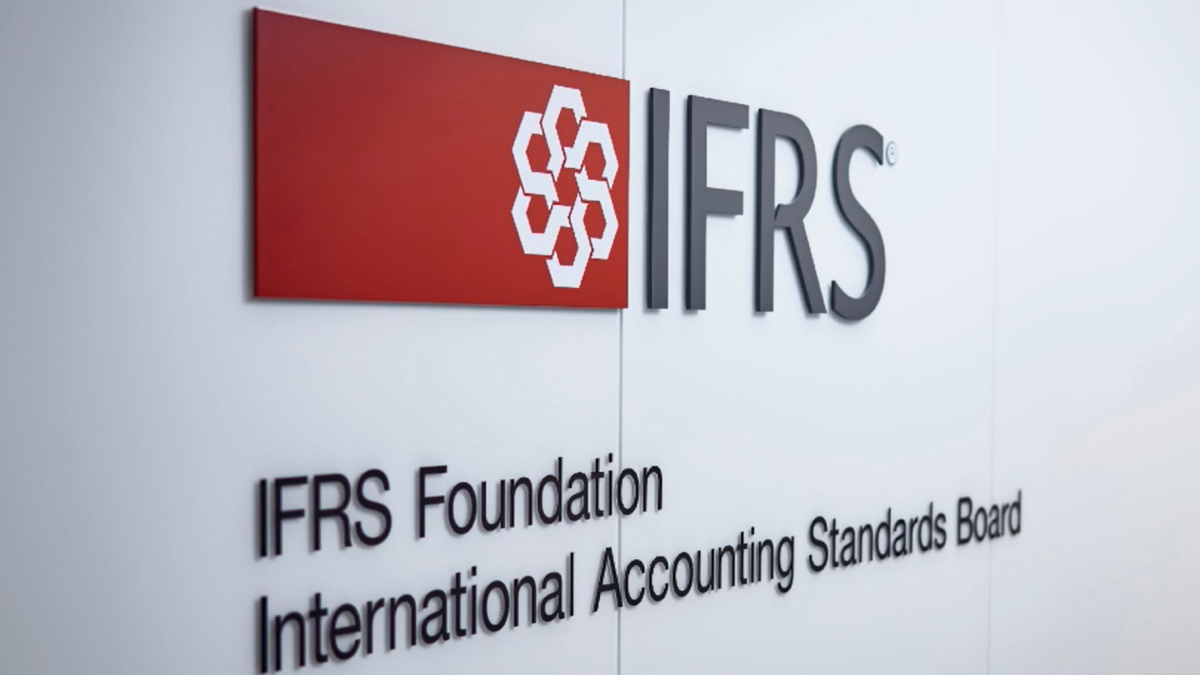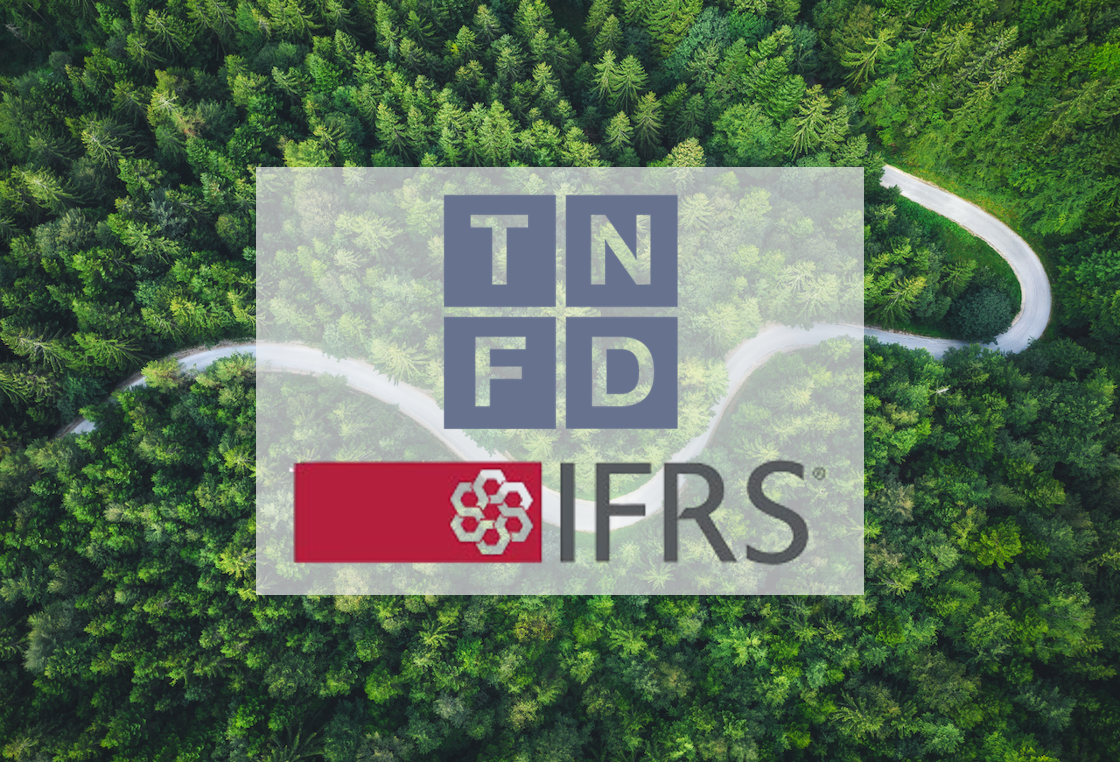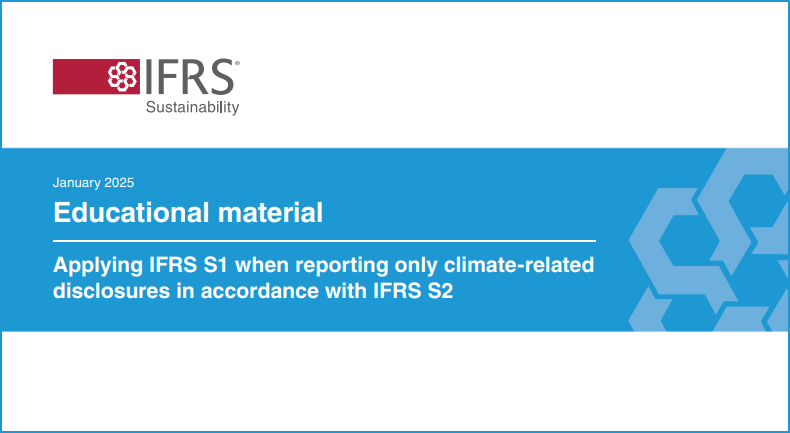ISSB Publishes Exposure Draft Proposing Targeted Amendments to IFRS S2 on Greenhouse Gas Emissions Disclosures
As preparers begin to apply IFRS S2 in practice, early implementation feedback has led to focused revisions. The ISSB now addresses key disclosure pain points through proposed amendments aimed at Scope 3 emissions, classification systems, and jurisdictional compatibility.

On 28 April 2025, the International Sustainability Standards Board (ISSB) released an Exposure Draft (ISSB/ED/2025/1) proposing targeted amendments to IFRS S2 Climate-related Disclosures. These amendments are designed to support entities implementing IFRS S2 by clarifying existing requirements and introducing reliefs, particularly concerning the measurement and disclosure of greenhouse gas (GHG) emissions. Public comments on the Exposure Draft are invited until 27 June 2025.
Context and Objectives
The ISSB issued IFRS S2 in June 2023 to promote consistent, comparable, and verifiable climate-related disclosures. During the initial application phase, several practical challenges emerged, particularly regarding Scope 3 Category 15 emissions disclosures, the use of industry classification systems, and jurisdictional requirements for GHG measurement methodologies and global warming potential (GWP) values. These challenges arose from inconsistencies between disclosure expectations and operational realities, especially regarding the attribution and measurement of Scope 3 emissions linked to complex financial instruments.
The proposed amendments seek to address these challenges without undermining the integrity or comparability of disclosed information. Importantly, all proposed reliefs are optional, providing flexibility to entities and jurisdictions without compromising alignment with the IFRS Sustainability Disclosure Standards (Basis for Conclusions on Amendments to Greenhouse Gas Emissions Disclosures, 2025).
Key Proposed Amendments
Scope 3 Category 15 Greenhouse Gas Emissions
The ISSB proposes to amend IFRS S2 to permit entities to limit the measurement and disclosure of Scope 3 Category 15 GHG emissions to only those emissions defined as "financed emissions" – that is, emissions attributed to loans and investments made by an entity to investees or counterparties. This proposed relief would explicitly allow the exclusion of emissions associated with derivatives, investment banking (facilitated emissions), and insurance and reinsurance underwriting (insurance-associated emissions).
Entities that choose to apply this relief would be required to:
- Disclose the amount of derivatives excluded and provide an explanation of what is treated as a derivative.
- Disclose the amount of other financial activities excluded from the Scope 3 Category 15 GHG emissions disclosure.
This clarification is intended to align paragraph 29(a)(i)(3) of IFRS S2 with the originally intended application of the standard, as reflected in the original Basis for Conclusions on IFRS S2 (2023). Specifically, it aims to eliminate inconsistencies regarding the treatment of derivatives, facilitated emissions, and insurance-associated emissions in Scope 3 Category 15 disclosures, thereby reducing uncertainty and promoting consistent implementation practices.
Use of Industry Classification Standards
IFRS S2 originally mandated the use of the Global Industry Classification Standard (GICS) for disaggregating financed emissions by industry. Recognising the operational and legal challenges this posed, the proposed amendments would:
- Permit entities not using GICS internally to use an alternative, jurisdictionally-mandated or entity-selected classification system.
- Require disclosure of the classification system used and, if not GICS, an explanation of the selection rationale.
This change aims to reduce duplication of reporting efforts and associated costs, particularly for entities subject to alternative regulatory frameworks.
Measurement Methodologies for Greenhouse Gas Emissions
Under current IFRS S2 requirements, entities must measure GHG emissions using the Greenhouse Gas Protocol Corporate Standard unless a jurisdictional authority mandates a different method. The amendments clarify that:
- Entities may apply jurisdictionally-mandated alternative methodologies for parts of their operations, not only for the entire entity.
- This clarification is especially pertinent for multinational entities operating across multiple regulatory regimes.
Global Warming Potential (GWP) Values
Similarly, the Exposure Draft proposes allowing entities to use alternative GWP values where required by jurisdictional authorities, even if these differ from the latest assessments by the Intergovernmental Panel on Climate Change (IPCC). GWP values are factors that measure the impact of different greenhouse gases on global warming over a specific time horizon, typically 100 years, converting them into a common unit of carbon dioxide equivalent (CO2e). The relief allows entities to apply jurisdictionally mandated GWP values either for their entire operations or for specific parts, depending on the regulatory requirement.
Implications for Entities
The proposed amendments aim to balance the need for high-quality, decision-useful disclosures with practical implementation challenges faced by preparers. By providing targeted reliefs, the ISSB seeks to:
- Reduce compliance costs and reporting duplication.
- Increase clarity and consistency in Scope 3 GHG emissions reporting.
- Facilitate broader adoption of IFRS S2 across jurisdictions with varying regulatory landscapes.
Entities considering the application of these amendments will need to assess:
- The extent and impact of emissions excluded under the Scope 3 Category 15 relief.
- The comparability implications of using alternative industry classifications.
- Disclosure obligations arising from applying jurisdictional reliefs.
Conclusion
The ISSB's proposed amendments to IFRS S2 represent a pragmatic and targeted response to challenges identified during the initial application of the standard, aiming to enhance the practicality of climate-related disclosures without sacrificing quality or comparability. Stakeholders are encouraged to review the Exposure Draft and submit comments by 27 June 2025 to contribute to the refinement of sustainability reporting standards.



